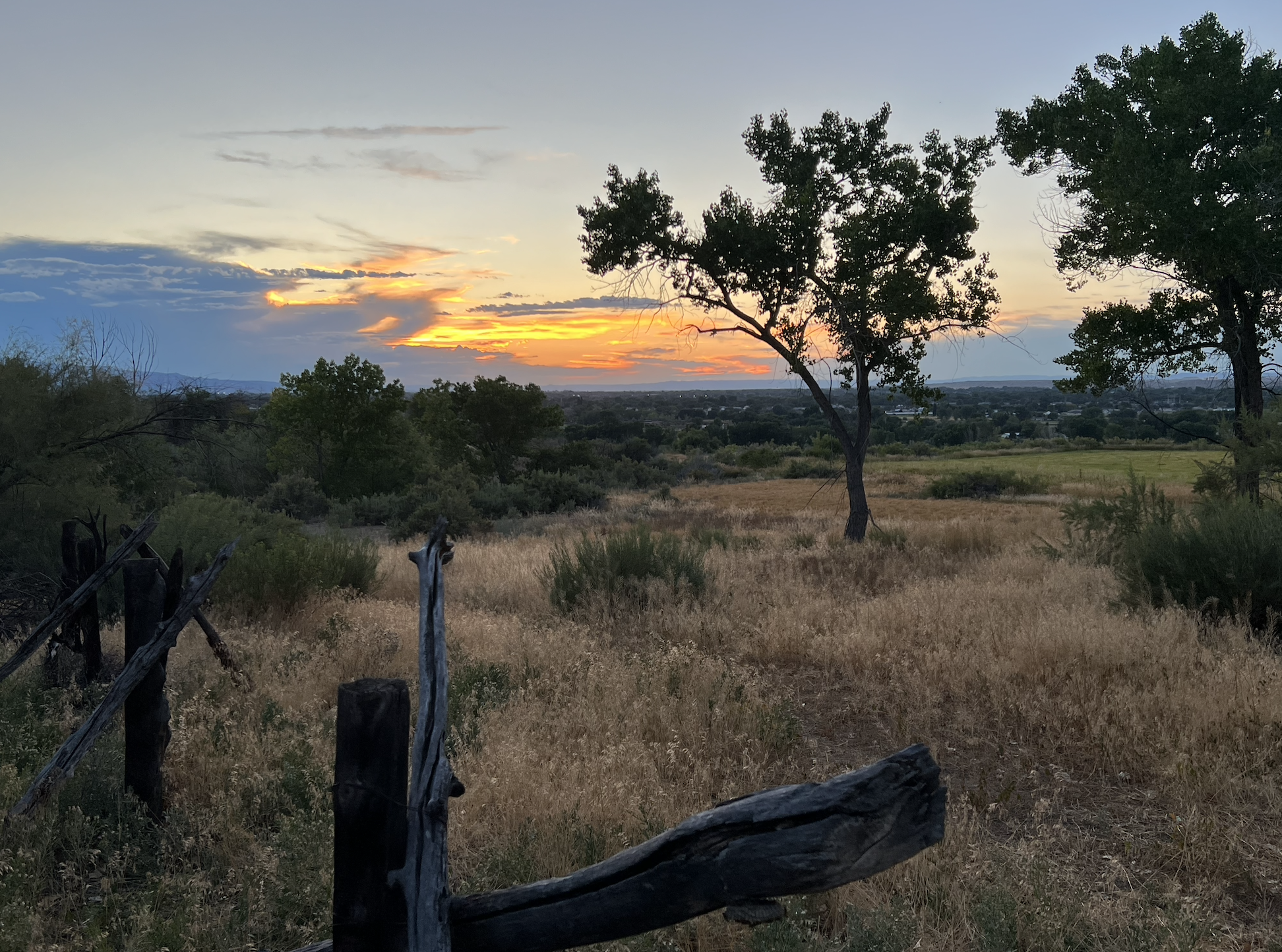Kathleen Masters is one of the people in the world that I am so enjoying right now. She is with Global Ministries of the United Methodist Church. She does a lot of inspiring work with church and community workers.
The context today for a phone call was to begin a regular rhythm of convening some of her colleagues to explore what they are learning as they convene groups of people and community together. To share stories and questions that increase capacity for all of us in participative leadership frameworks, practices, principles, and methodologies.
One thread of today’s call was about speaking the unspoken. How healthy this can be. How useful and sweet it is to invite voice for the things that we only whisper. Or the things we feel we can’t say. Or the things that we as humans beings are afraid to say. It is a pretty big category.
My experience is that by inviting this kind of voice in a well-hosted process, much is released. In relief of not needing to hold or protect the unspoken anymore. And in inviting through that release some of the thriving qualities that have been longing to brought forth — that way that many humans just want to be together.
One of the models that I use for most of my facilitating is what I have learned with friends in the Art of Hosting community of practitioners. Though many will speak of the Art of Hosting as a thing, as a brand, or as a program, I think of it as a pattern for helping a group of people to be smart and real with each other. The pattern is anchored in three simultaneous places of attention: 1) learning — the ongoing process of paying attention, sharing stories, and asking questions with each other, 2) relationship building — another ongoing process of feeding a quality of friendship, trust, and love that can enable a group to see more than any individual in the group can, and 3) getting to work on projects and programs — working with clarity and depth of insight on the projects that we have been asked, or even told to do.
Looking forward to more with this beautiful community of faith, church, and community leaders.
